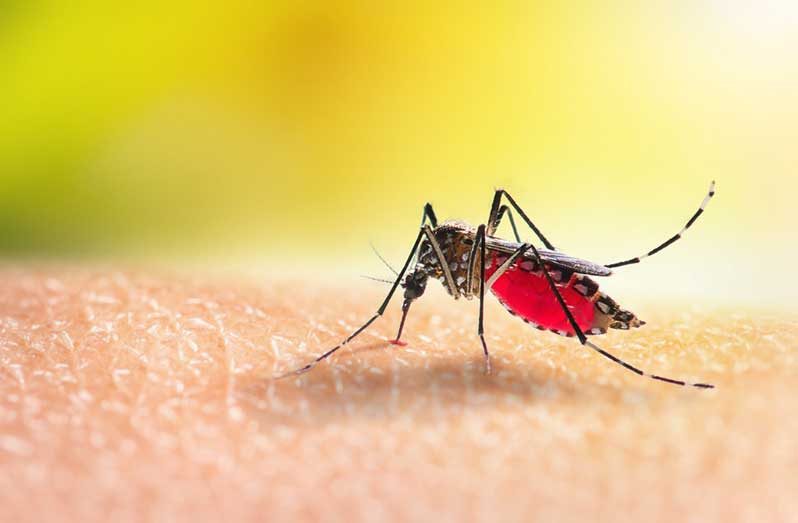THE Pan American Health Organisation (PAHO) has revealed that Latin America and the Caribbean have reported 9.3 million cases of dengue so far this year, twice the number of cases reported in all of 2023.
However, according to PAHO’s epidemiological update, the fatality rate remains below the regional goal of 0.05 per cent.
PAHO Director Jarbas Barbosa said: “While we are seeing a notable increase in the number of dengue cases in the region this year, it is important to highlight that the proportion of cases that progress to death remains low, thanks to countries’ efforts and the support of PAHO.”
“This situation highlights the importance of sustaining surveillance, strengthening prevention and control measures, and ensuring timely medical care.”
In 2024 so far, countries in Latin America and the Caribbean have reported more than 9,500 cases of severe dengue (0.10 per cent) and just over 4,500 deaths (fatality rate of 0.048 per cent).
Compared to the same period in 2023, all countries recorded increases in cases. This can be attributed to several factors, including territorial expansion of the Aedes aegypti mosquito, its main vector, which has expanded its range to areas where it was not present before, potentially due to factors such as El Niño and climate change.
In addition, rapid unplanned urban expansion and population growth, combined with poor water and sanitation services, have created favourable conditions for the proliferation of mosquitoes in discarded objects and containers that accumulate water.
Furthermore, limited contact between humans and the dengue virus, due to reduced exposure from confinement measures and travel restrictions implemented during the COVID-19 pandemic, may have increased the number of susceptible people.
As the peak season for dengue circulation approaches in the northern hemisphere, PAHO is urging countries and territories to redouble their efforts in detecting and preventing cases.
PAHO says governments should raise community awareness about eliminating breeding sites, adopt personal protective measures to avoid mosquito bites, and ensure timely and appropriate medical care for patients.
Additionally, individuals are encouraged to seek immediate medical attention at any sign of alarm and take personal protective measures to prevent mosquito bites. (Loop News)



.jpg)








